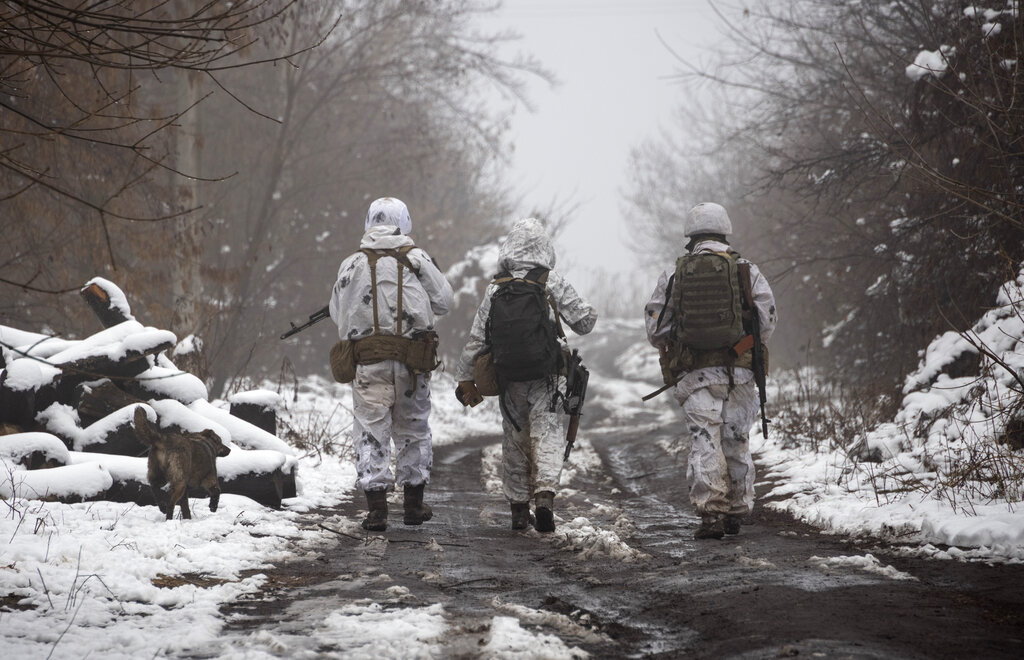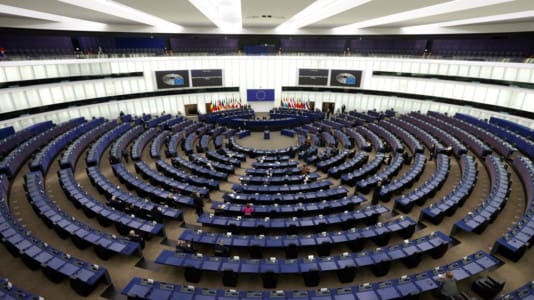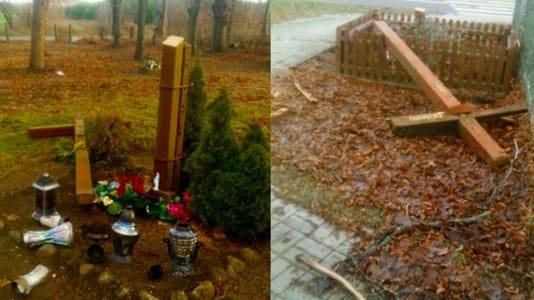Russian Defense Minister Sergei Shoigu claimed on Tuesday that U.S. private military companies have been amassing chemical weapons in Ukraine and had delivered “an unidentified chemical component” to the region “to commit provocations.”
In his remarks, which have been published on the Kremlin’s website, Shoigu explained that according to the Russian government’s estimates, there are approximately 120 U.S. mercenaries currently in the region who are training Ukrainian special forces and radical groups. He added that the private military groups have erected firing stations in residential buildings and other facilities of social significance.
Shoigu delivered remarks that have since been published on Ruptly.
Shoogu had been speaking at a board meeting of the Russian Defense Ministry, in which President Vladimir Putin was also in attendance.
Commenting on the recent tensions in the region, Putin repeatedly stressed his country’s firm opposition to NATO’s eastern expansion in both Ukraine and Georgia.
The Russian president vowed to take “military technical steps” should the North Atlantic Alliance edge closer to his country’s borders, warning that if NATO’s infrastructure were to be established in the territory of Ukraine, the flight time of NATO missiles would be reduced to just 7-10 minutes, and that of hypersonic weapons to 5 minutes, posing a majority national security risk for Moscow that would be unacceptable.
Putin added that he required legal security guarantees that this would not materialize, however he expressed concern about the credibility of the United States in this regard, given that in recent years Washington had not always honored such agreements.
The U.S. under the Trump administration previously launched air strikes against Bashar al-Assad after a chemical weapons attack in the Syrian city of Douma. Russia and Syria vehemently denied that the Syrian government used chemical weapons, and claimed the attack was a false flag. Journalists like Pulitzer-prize winner Glenn Greenwald also questioned the U.S.’s decision to launch air strikes before any investigation was conducted about who was responsible for the chemical weapons attacks. He also pointed out that that Susan Rice told NPR just two months before the attack that “we were able to get the Syrian government to voluntarily and verifiably give up its chemical weapons stockpile.”
A report on the Douma attack from the Organization for the Prevention of Chemical Weapons (OPCW) was highly criticized for omitting that there was a high probability that the gas canisters were placed at the scene of the attack manually and not dropped from an aircraft, a finding from the organization that it tried to hide in its own report.
Following the Douma attack, Russia claimed there would be other false flag chemical weapon attacks, but they never materialized.






